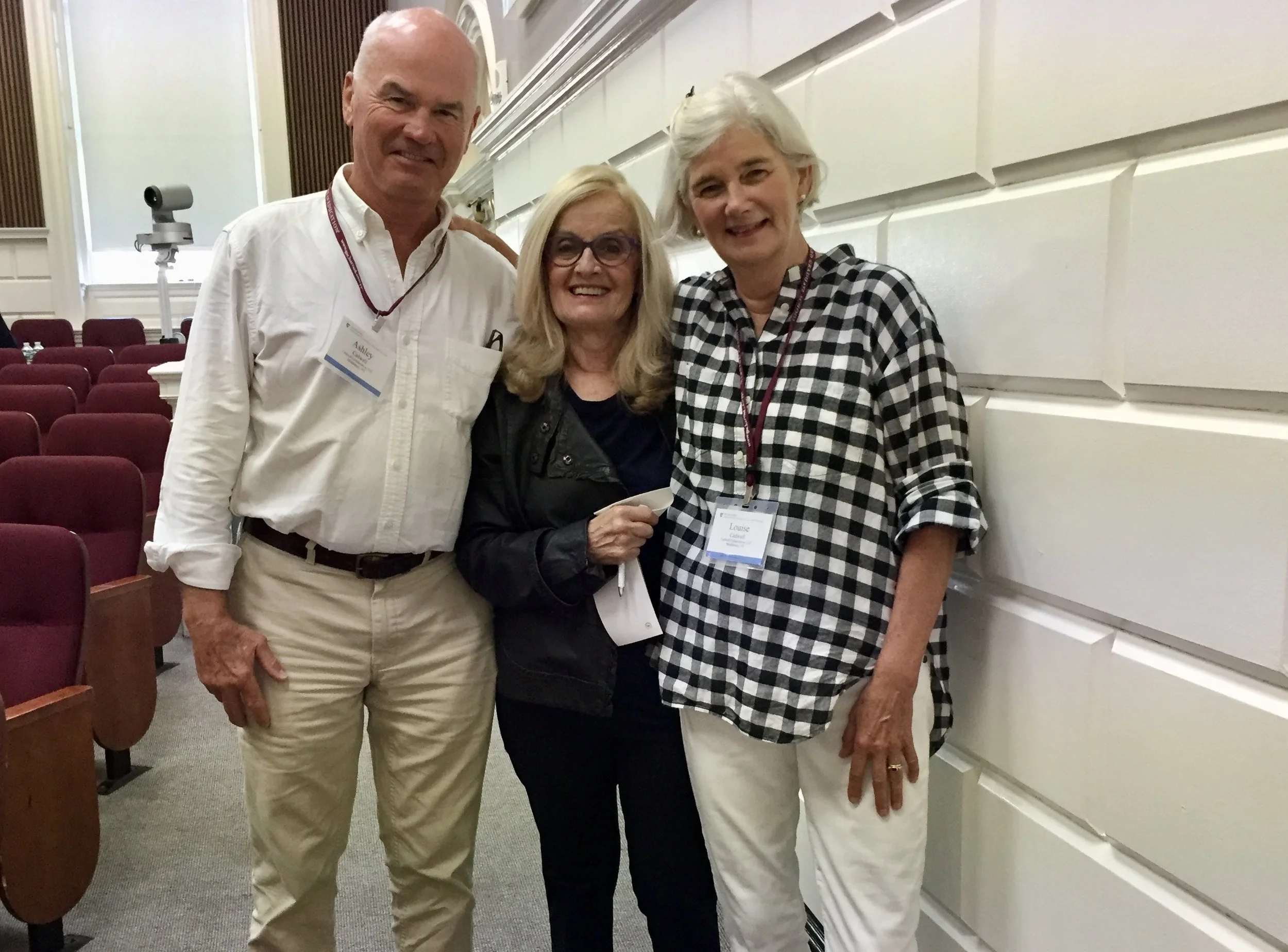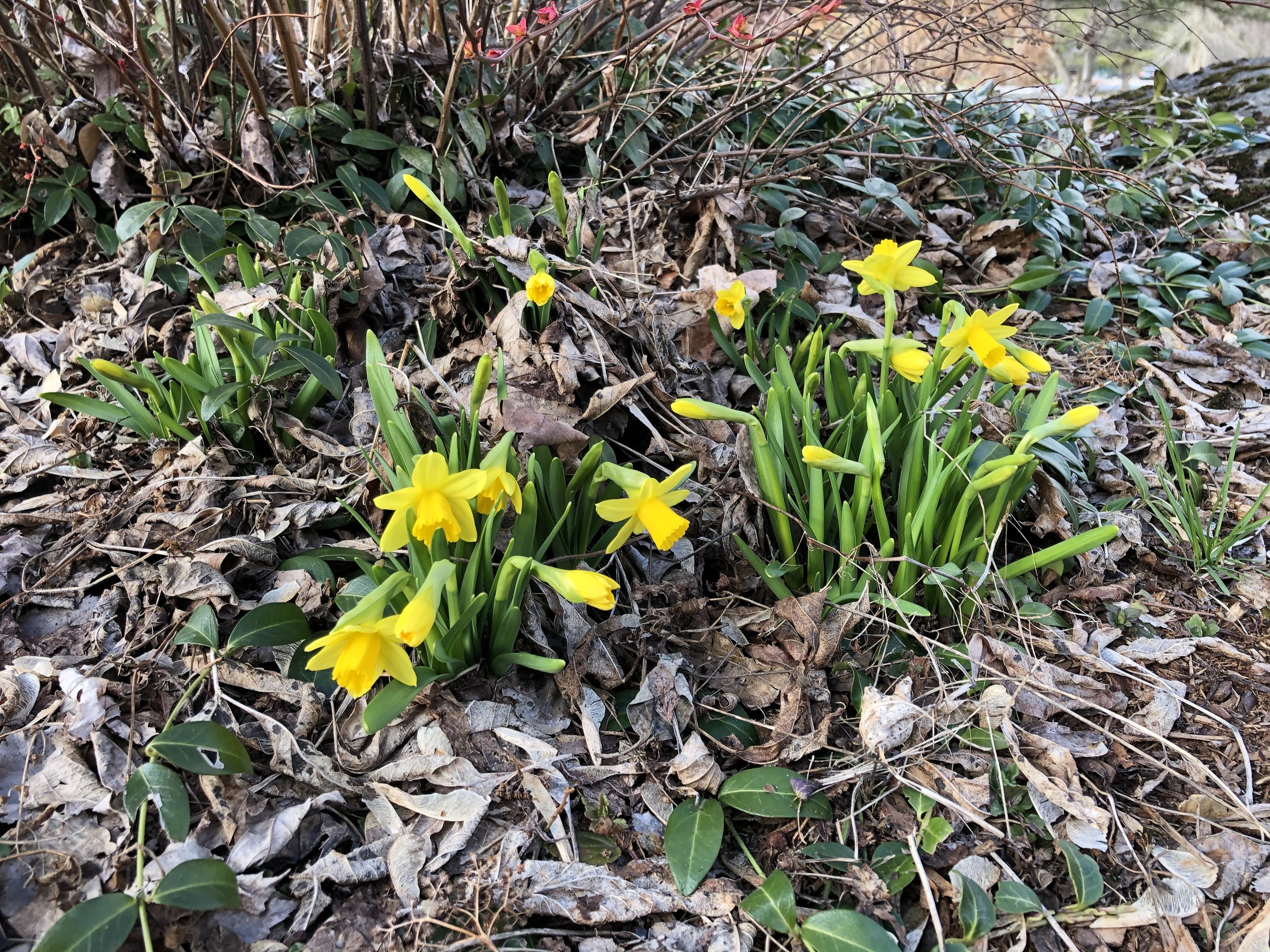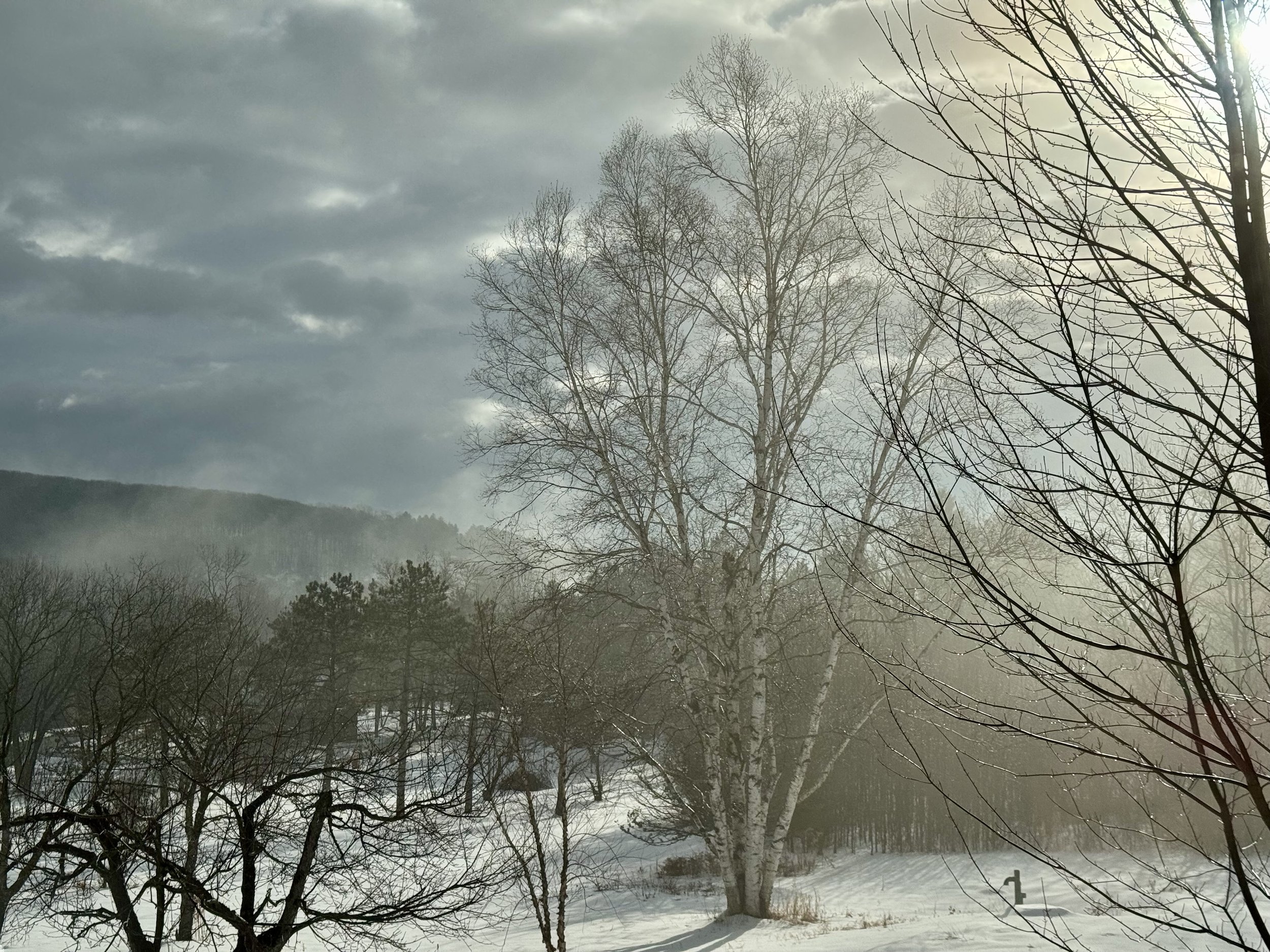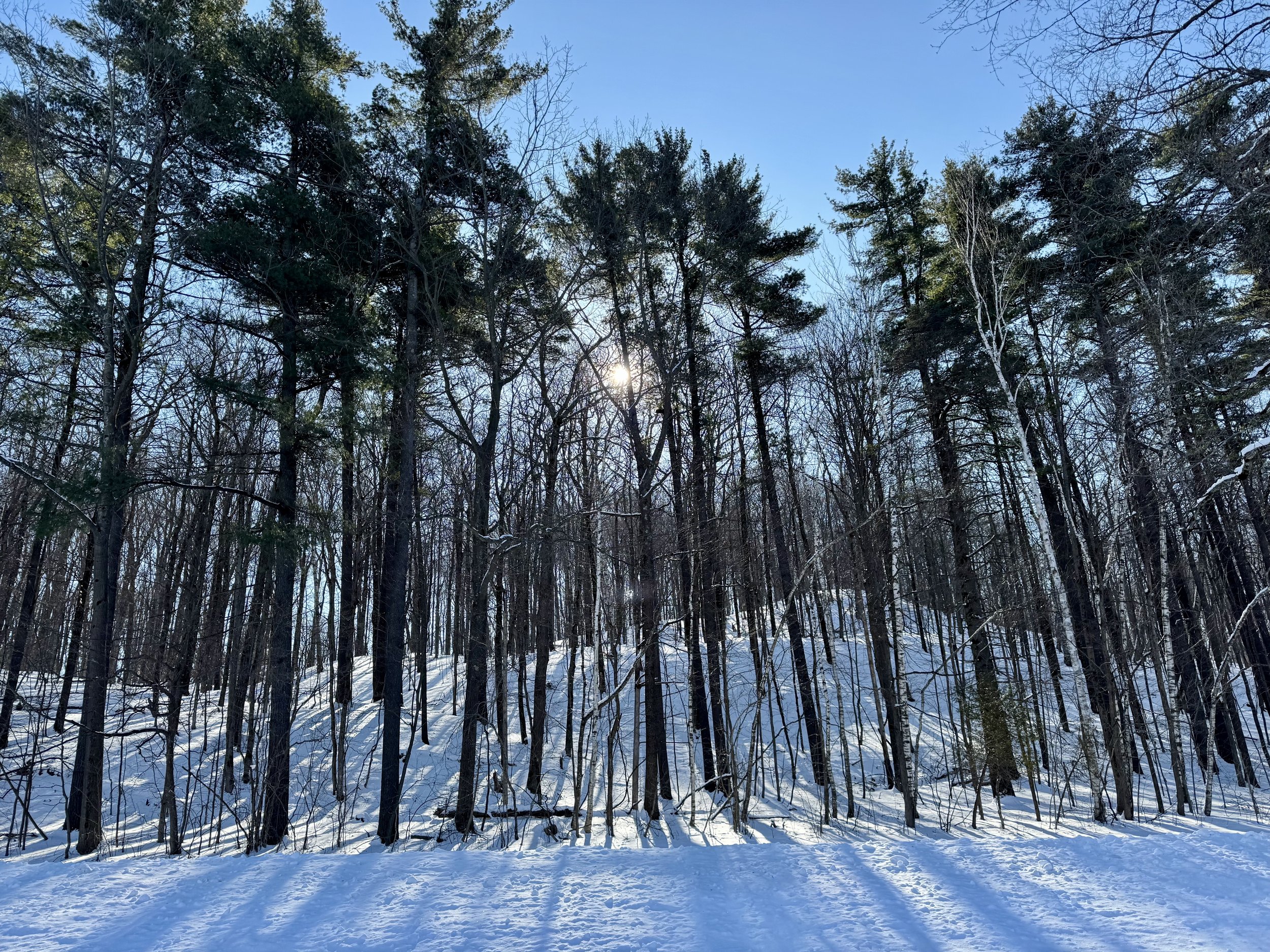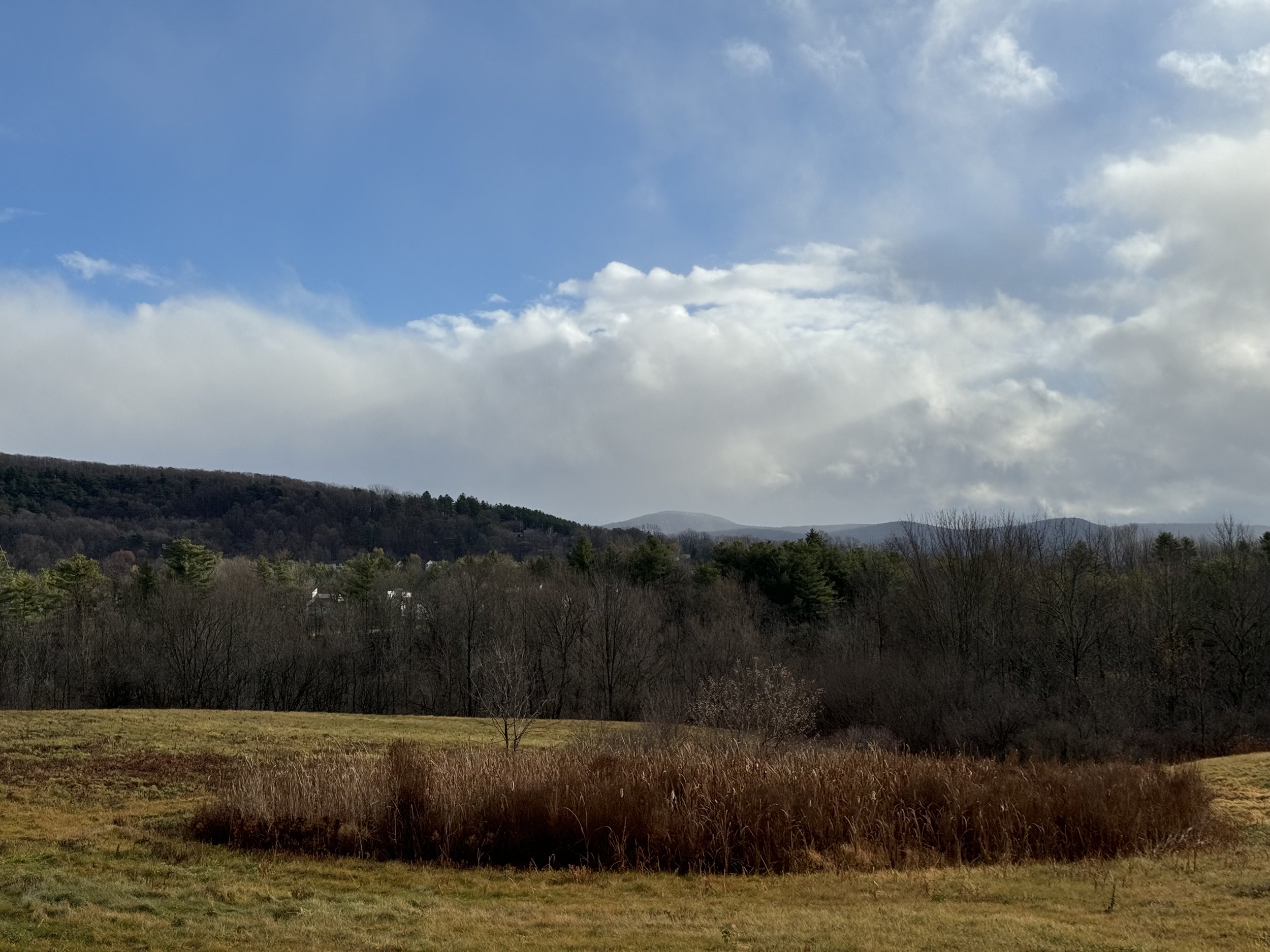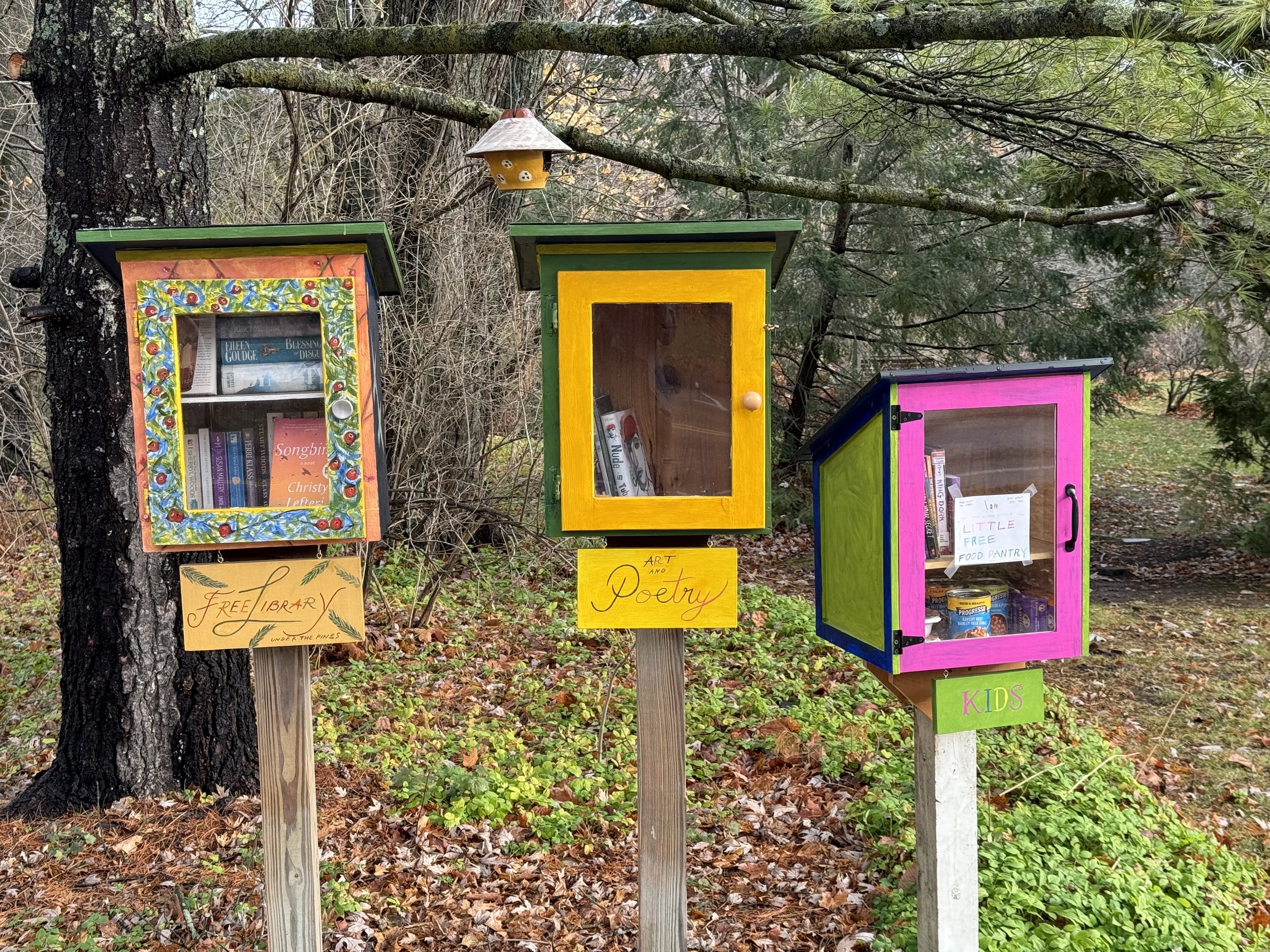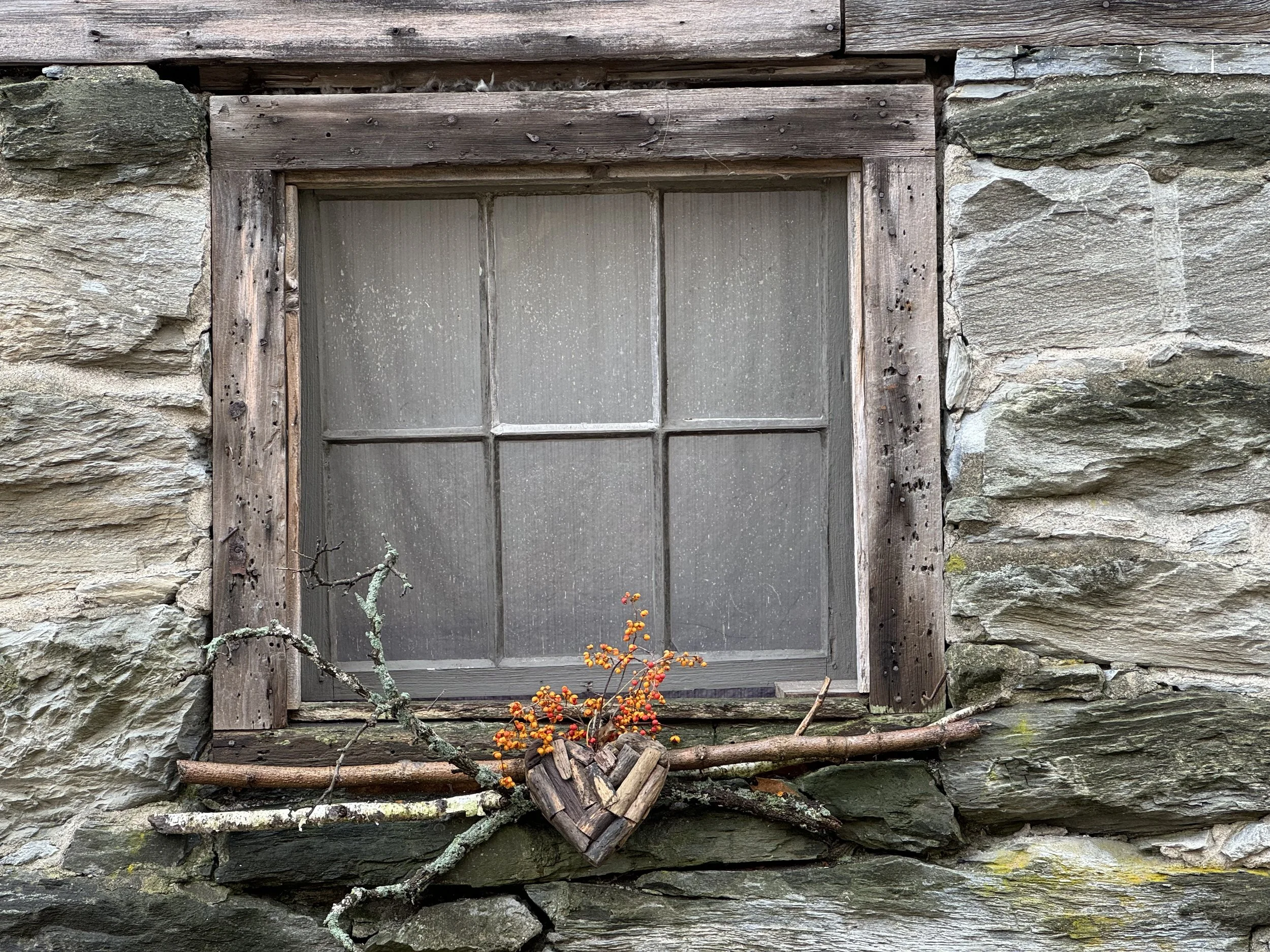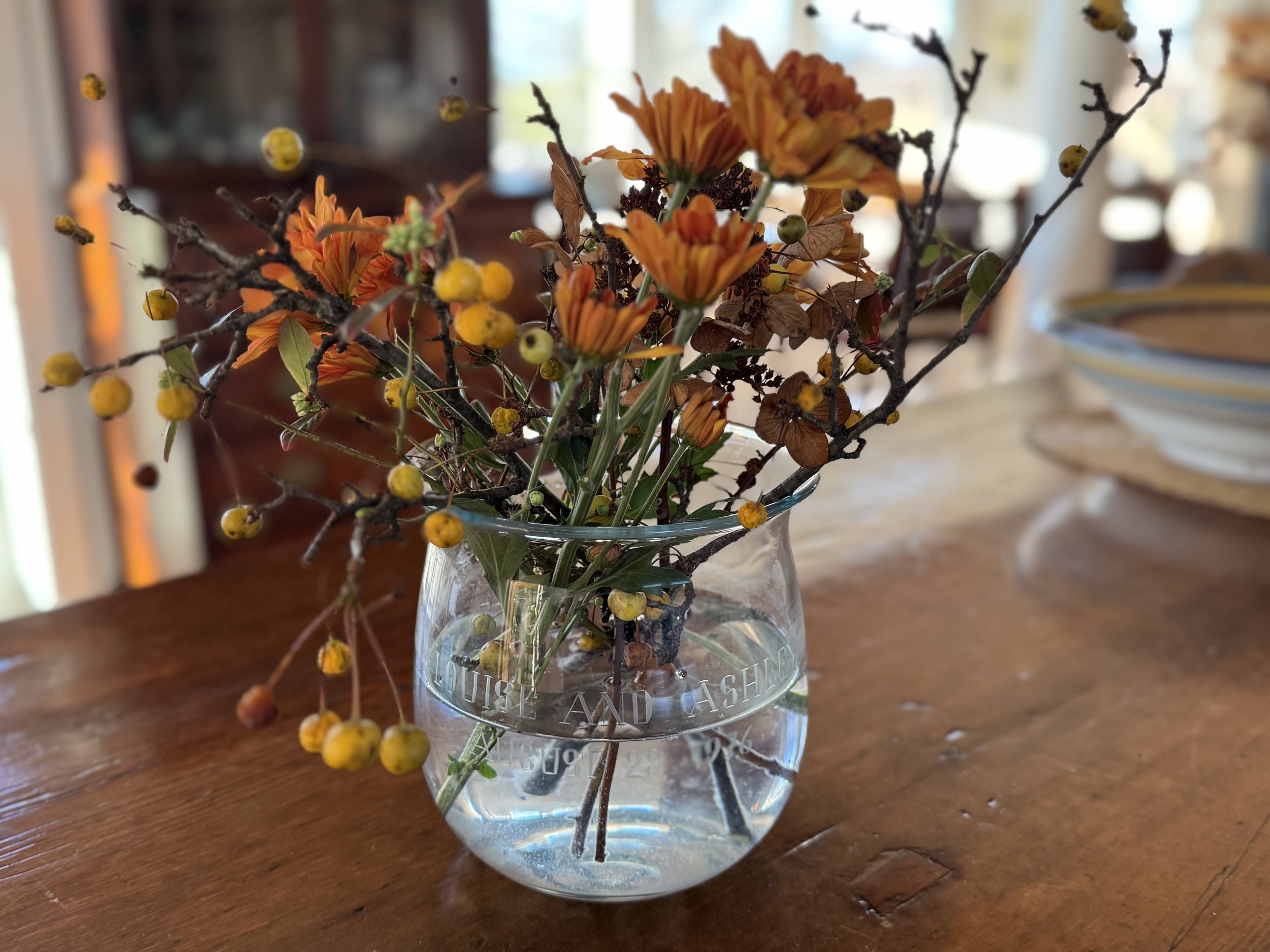Carla, Ashley, and Louise, Harvard University, 2016
Carla Rinaldi left this world on April 16th, 2025. She left an enormous and beautiful legacy behind and a challenge for all of us to continue her important work on behalf of all children.
I met Carlina Rinaldi in 1990, at a conference hosted by George Forman and colleagues at University of Massachusetts. I listened to Carlina present the flagship project called “The Crowd”…children’s experiences, words, ideas, and representations in many media of what it feels like to be a small person in a crowd of people. I was enchanted. I had come to meet Carlina and to ask her about the possibility of coming to study in Reggio Emilia for a year as one other American, Baji Rankin, had done. I had been studying Italian so I could speak to Carlina in her language. She gave me two instructions: improve my Italian and write to Sergio Spaggari, the director of the municipal schools of Reggio Emilia, to ask if I could come study there. I did both.
I traveled to Reggio Emila with a group in the spring of 1991 to meet with Sergio. He granted me permission to come to Reggio and study in the municipal schools. In the late summer of 1991, my family and I traveled to Italy to spend the year. Carlina had found an apartment that we could rent in a building in the same complex where she lived. It turned out to be perfect for us.
Carlina was a mentor to me in so many ways, and such a help to our family. She took me grocery shopping and showed me the most nutritious foods to purchase for our boys, then 9 and 11. She was amused and delighted by Alden and Chris, very American boys.
Carla and our son, Alden, Switzerland, 2008
Carla was a friend and a guide. She looked out for us, and she helped me, little by little, unpack and make sense of the complexities, the structure, and the beauty of the Reggio Approach to learning and life and school.
We returned to the United States in 1992, to St. Louis where both Ashley and I worked with schools where educators were eager to adapt and be inspired by the work from Reggio Emilia. I traveled often to Reggio in the first ten years after we lived there and served as an interpreter for visiting groups until the municipality hired professional interpreters.
I also earned a Ph.D. and wrote a book, Bringing Reggio Emilia Home, during those ten years. I wrote about my time in Reggio Emilia and what I had learned, and also about working with colleagues to imagine and create a way to bring the inspiration from Reggio Emilia to a group of St. Louis schools.
In 2001, Carla came to St. Louis to be a visiting professor at Webster University, hosted by Dean Brenda Fyfe. We could not believe how fortunate we were to have Carlina live in our midst. All of us will be forever grateful for that semester and to Brenda and Webster University for bringing Carla to St. Louis.
In 2003, I wrote another book, The Reggio Approach to Early Childhood Education: Bringing Learning to Life. It is one of my greatest honors that Carla agreed to write the foreword to my second book. I quote from her foreword here as a way of remembering Carla and as a way of articulating both the inspiration and the challenge that she has left us. Educators and scholars the world over mourn Carla’s passing. She was a gracious, deeply intelligent, and wise teacher. We will miss her. The world will miss her. May we carry her legacy forward.
From Bringing Reggio Emilia Home:
There is a feeling that the voices in this book are singing together as in a chorus. This “chorality” is something that the protagonists search for consciously and persistently: having discovered it through experience, it is something that both children and adults seek again and again. The “intellectual pleasure” of altruism flows through much of this book, a pleasure that some American researchers have recently suggested may have biological roots. The capacity to work together in groups and to learn to listen to others’ reasoning, feelings, emotions is documented many times in this book. This shows, once again, how altruism is not only generated by the context: it is a completely natural way of being for a community that is committed to learning together.
Do we really think, then, that a society and its schools can continue to suspend relationships, altruism, and cooperation to teach only in the interest of an egotistical “I” ? For a response to this and much more, please read the following pages, dear reader. But more important, reading this book will give you the chance to reflect on how much change and transformation-as well as curiosity, love, and relationships, are vital for a school. A school that cares not just about learning to read, write, add, and use a computer correctly, but more than anything, wants to open itself to life because it is capable of generating curiosity, pleasure in research, and new constructs in friendship and solidarity.
Jerome Bruner wrote, “School is not a preparation for life, but it is life itself.” This is an objective, a hope, a utopia for many of us-a reality for Louise’s school, her colleagues, the parents, and the children.
Carlina Rinaldi, 2003
Carla, Study Tour for Atelieristi in Ligonchio, Italy, 2011


